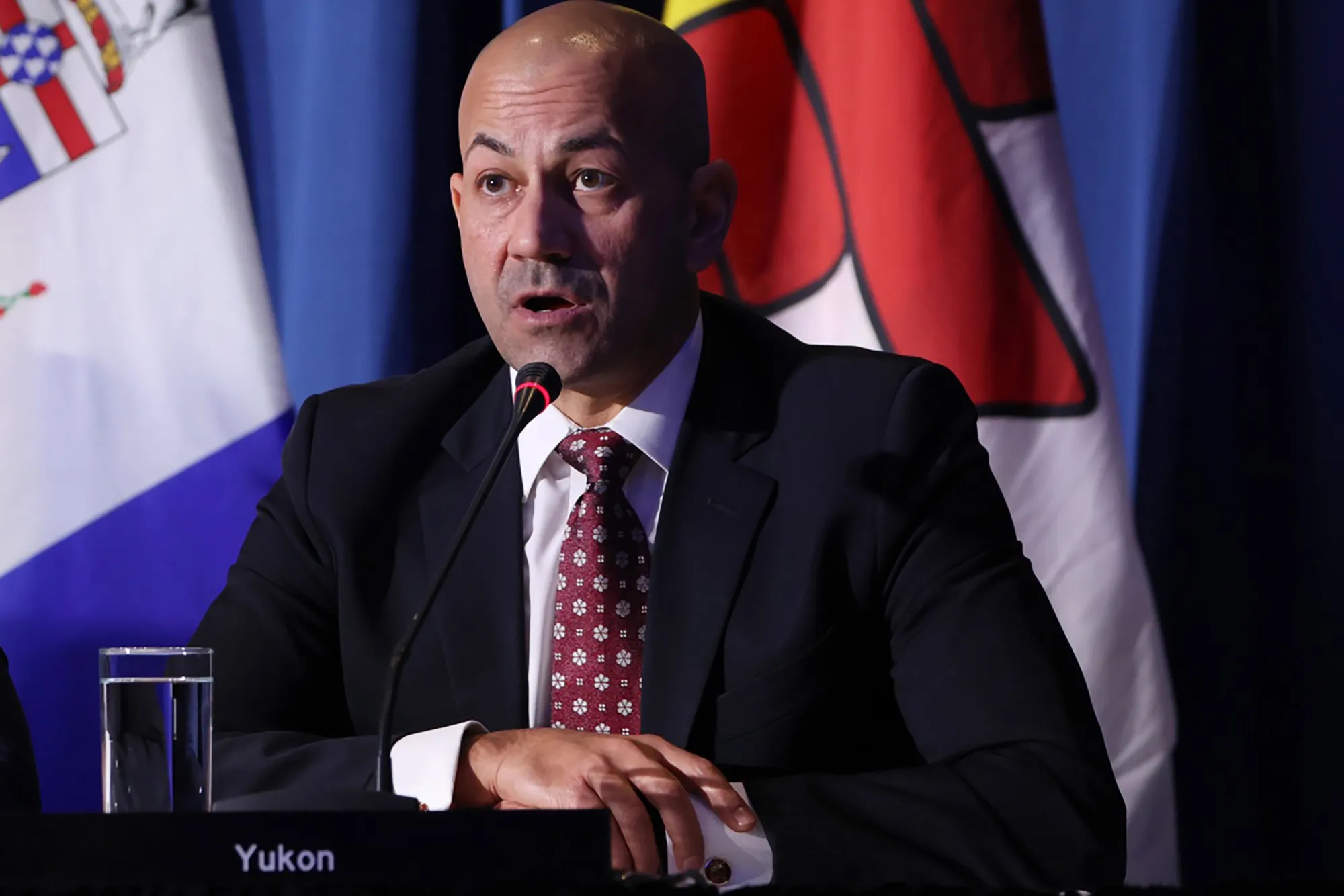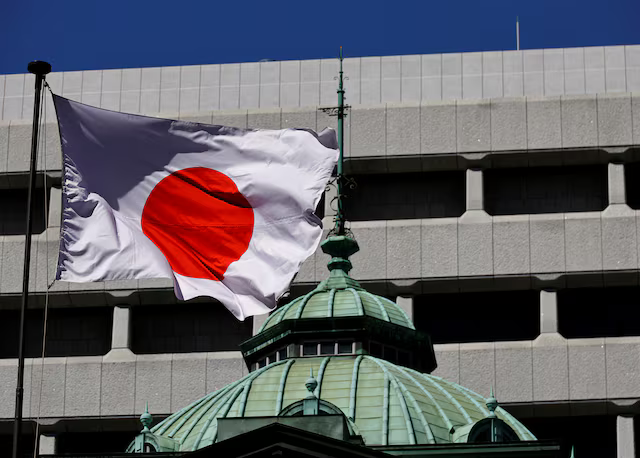The Bank of Japan (BOJ) is wrapping up its final meeting of 2024 with a decision expected between 03:00 and 04:30 GMT, Reuters reports.
While a majority of economists expect the BOJ to keep interest rates steady at 0.25%, the meeting comes at a critical time, as global economic growth slows and uncertainties surrounding US president-elect Donald Trump’s policies add complexity to Japan’s economic outlook.
Sources close to the BOJ suggest that the central bank is inclined to maintain its current policy stance during the two-day meeting, preferring to take more time to assess risks from overseas and Japan’s wage outlook for the coming year. The final decision will depend on whether policymakers believe Japan is on track to achieve sustainable, wage-driven inflation along with strong domestic demand.
The BOJ’s meeting concludes shortly after the US Federal Reserve cut interest rates but indicated a cautious approach to further easing next year, a move that sent US stocks lower. Despite these developments, many economists predict that the BOJ will refrain from any immediate action, with markets placing a less than 20% probability of a rate increase this month.
If the BOJ does decide to leave rates unchanged, attention will shift to a press conference by BOJ Governor Kazuo Ueda, scheduled for 3:30 p.m. JST (06:30 GMT). Analysts suggest that Ueda’s comments may be closely scrutinized for any hints on the future path of monetary policy. Some market participants believe Ueda could adopt a more hawkish tone to maintain expectations for a rate hike in early 2025, particularly in light of Japan’s persistent inflation and the weakness of the yen.
One of the key factors influencing the BOJ’s decision is the yen’s depreciation, which has been contributing to higher inflation through rising import costs. However, while there is growing confidence within the BOJ that the economy is on a moderate growth trajectory with wages rising steadily, inflation has been somewhat moderated by the recent recovery of the yen from its three-decade lows reached in July.
During this meeting, the BOJ is also expected to release findings on the effectiveness of its unconventional monetary easing policies, marking a symbolic step toward reducing its extensive stimulus measures. The central bank has already ended its negative interest rate policy in March and raised its short-term policy target to 0.25% in July. Despite these adjustments, the BOJ has signaled that it is prepared to raise rates again if wages and inflation continue on their current path.
Despite the positive economic indicators, BOJ policymakers are not rushing into further hikes. The release of a quarterly survey earlier this month showed that companies are optimistic about business conditions and expect inflation to remain above the BOJ’s 2% target in the near future. However, with inflationary pressures from imported raw materials easing due to the yen’s recovery, the BOJ is taking a cautious approach.
Should the BOJ choose to delay a rate hike, the market will be closely watching for clues regarding potential action in January or March. Governor Ueda has previously highlighted the importance of monitoring wage growth and the potential impact of US trade policies under President-elect Trump. With Trump’s proposed tariffs posing a significant risk to Japan’s economy, Ueda has indicated that the BOJ will carefully consider these external factors before making its next move.
The BOJ’s next policy review will take place on January 23-24, but the central bank may await further economic data, including a report from branch managers due on January 9, which will provide insight into wage trends among small businesses in regional Japan.









